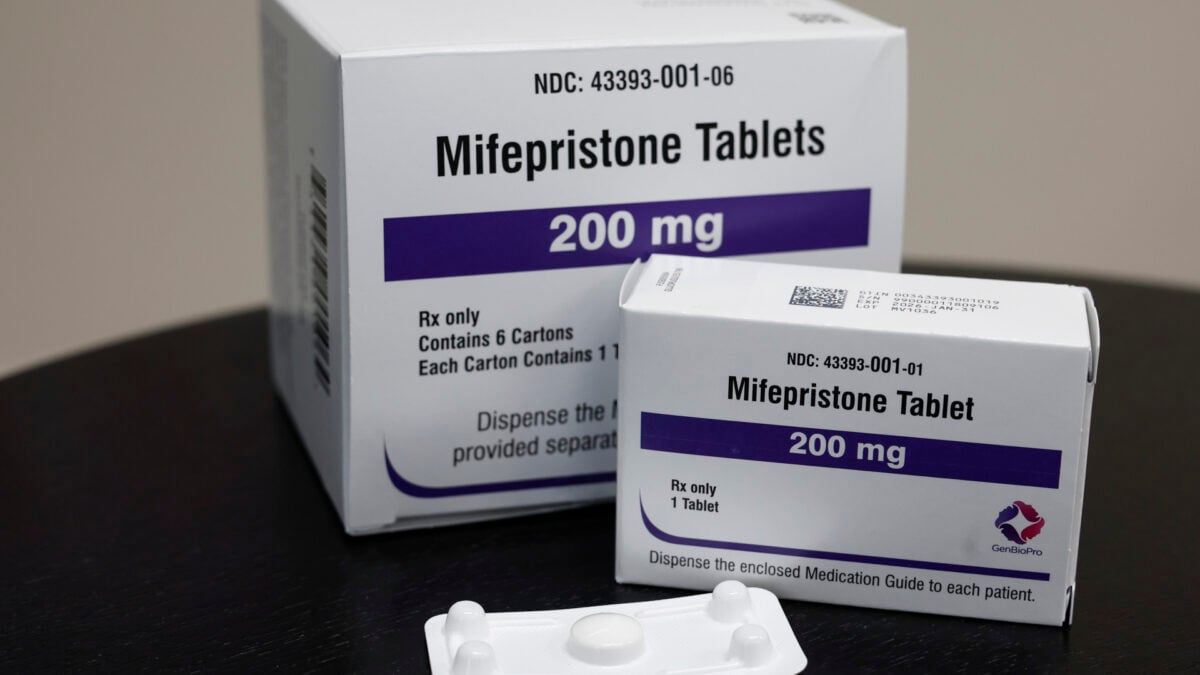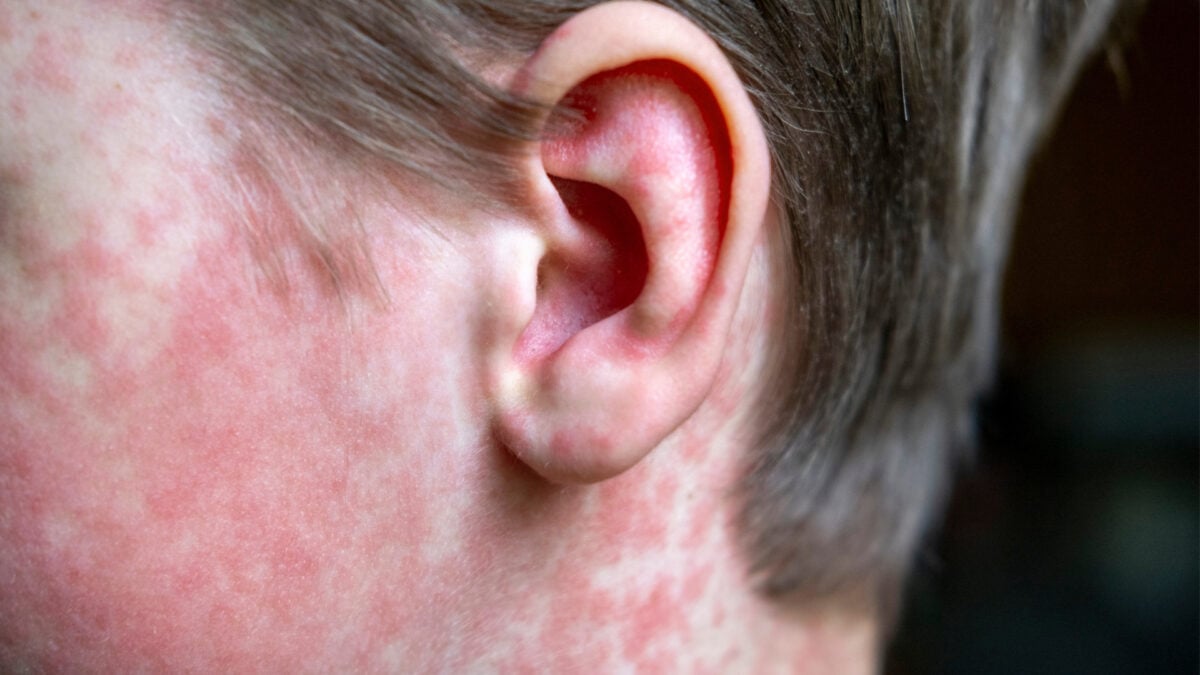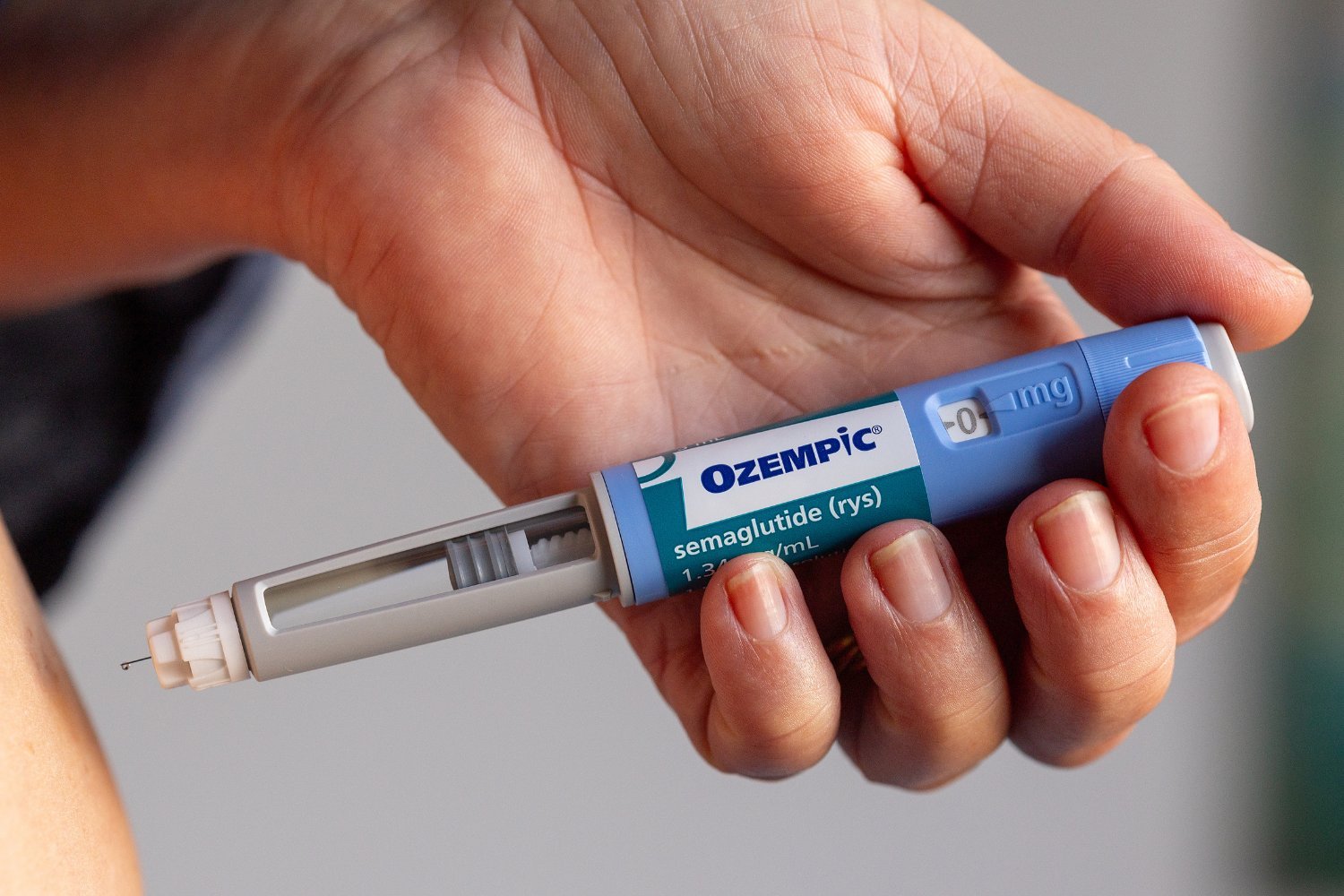Recent buzz around taurine as an anti-aging miracle may be premature. A new study from the National Institutes of Health (NIH) casts doubt on earlier findings, suggesting that taurine levels don’t significantly decline with age as previously thought. This research, published in Science, questions the role of taurine and aging, and whether supplementation can truly prolong healthy lifespan, urging a more cautious approach before considering taurine a cornerstone of anti-aging strategies.
What is Taurine and Its Previously Suggested Role in Aging?
Taurine is a semi-essential amino acid, an important micronutrient that our bodies naturally produce. It’s also readily found in animal products, dietary supplements, and commonly in energy drinks. While historically collected from bulls, taurine for commercial use, such as in energy drinks, is now produced synthetically. Taurine plays many crucial roles within the body, including aiding in bile acid formation and helping to maintain stable blood pressure.
In recent years, some scientific investigations have highlighted taurine—or more specifically, a deficiency in taurine—as a potential key driver of declining health associated with aging. A notable 2023 study, which examined various animal models, found that circulating taurine levels decreased as the animals grew older. When researchers supplemented the animals’ diets with taurine, it appeared to modestly extend the lifespan of mice and worms, and also improve the health of older monkeys. That study also indicated an association in humans between lower taurine levels and an increased risk of age-related diseases, sparking considerable interest in taurine’s anti-aging potential.
New NIH Research: A Closer Look at Taurine Levels Over Time
While the 2023 study garnered significant attention, it wasn’t the first to suggest taurine’s anti-aging benefits, nor has all research consistently supported this link. Many previous studies only assessed taurine at a single point in time or over relatively short periods. Prompted by these earlier findings, scientists at the National Institutes of Health, led by Maria Emilia Fernandez, a postdoctoral fellow at the NIH’s National Institute on Aging, decided to investigate taurine levels more thoroughly.
Their research utilized long-running data from past human, mice, and rhesus monkey studies, allowing them to track taurine levels longitudinally across the lifespan of these subjects, in both males and females. The findings were surprising: overall, taurine levels did not decline with age in any of the species studied. In fact, in most groups, taurine levels tended to increase over time, with the only exception being male mice. “Circulating taurine doesn’t decline with age in healthy individuals of these three mammalian species across the adult lifespan,” Fernandez stated at a press conference announcing the results.
Furthermore, the study highlighted that differences in taurine levels between individuals could be substantial, often more significant than any changes observed within an individual animal over its lifetime.
Implications: Is Taurine a Reliable Aging Biomarker?
The conclusions drawn from this comprehensive NIH study directly challenge the idea that taurine is a straightforward indicator of aging. Based on their analysis of longitudinal data, the researchers wrote, “On the basis of these findings, we conclude that low circulating taurine concentrations are unlikely to serve as a good biomarker of aging.” This suggests that the previously observed link between declining taurine and aging might not be as clear-cut as earlier research implied, and throws into doubt the premise that simply supplementing taurine can broadly counteract age-related decline.
The Full Picture: Unanswered Questions and Ongoing Research
It is important to note that these are the findings of a single study, and more research will be necessary to definitively settle the question of taurine’s role in the aging process. The results do not diminish the established importance of taurine for overall health. It also remains possible that consistently low taurine levels could contribute to certain chronic health problems, including conditions that become more prevalent with age, or that specific older individuals with diagnosed taurine deficiencies might benefit from increased intake.
Vijay Yadav, one of the authors of the 2023 study that showed positive effects, and his colleagues are currently conducting a randomized clinical trial. This trial is testing whether taurine supplements can improve the health and fitness of middle-aged adults, with results anticipated by the end of 2025. However, Yadav himself advises caution. “We cannot really recommend any supplementation. We need to have a better understanding if it does or it does not [improve health]; that can only be addressed by a placebo controlled trial,” he said. “And of course there are a lot more questions that need to be addressed before you can really understand the biology to more depth of a particular molecule.”
Conclusion: A Cautious Outlook on Taurine and Longevity
The latest NIH research on taurine and aging provides a crucial counterpoint to the recent excitement over its anti-aging potential. While taurine remains an important nutrient for general physiological functions, this study suggests it may not be the universal anti-aging solution or reliable aging biomarker some had hoped. As scientific understanding evolves, particularly with forthcoming results from ongoing clinical trials, individuals are best advised to rely on established, evidence-backed health practices such as regular exercise and a balanced diet for promoting healthy aging. For now, the evidence calls for a cautious perspective on widespread taurine supplementation aimed at extending lifespan.
References
- Fernandez, M. E., et al. (2024). Longitudinal analysis of circulating taurine levels across the adult lifespan in three mammalian species. Science. https://doi.org/10.1126/science.adl2116
- Red Bull GmbH. Is taurine made from bull’s testicles? https://www.redbull.com/int-en/energydrink/is-taurine-made-from-bulls-testicles
- Ripps, H., & Shen, W. (2012). Review: Taurine: A “very essential” amino acid. Molecular Vision, 18, 2673–2686. https://pmc.ncbi.nlm.nih.gov/articles/PMC3501277/
- Singh, P., et al. (2023). Taurine deficiency as a driver of aging. Science, 380(6649). https://www.science.org/doi/10.1126/science.abn9257











